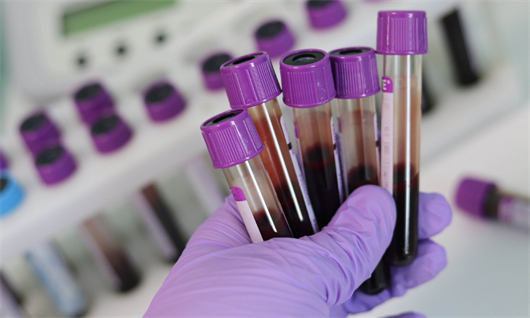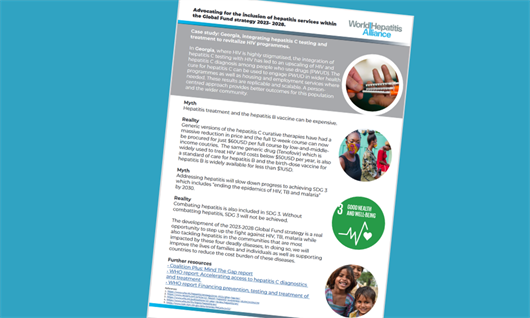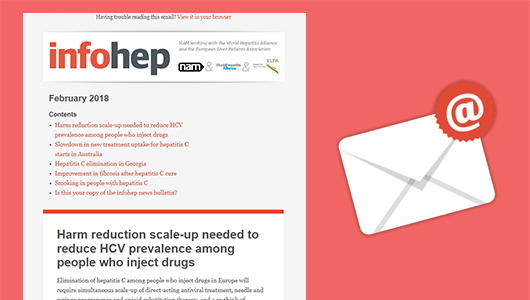
Image: Gerd Altmann/Pixabay
People with hepatitis C were more likely to be admitted to hospital as a result of SARS-CoV-2 infection but no more likely to die when compared to people without hepatitis C of a similar age, research from a US cohort of military veterans shows. As in other liver diseases, advanced liver fibrosis was a major risk factor for hospitalisation.
The findings are published in the journal Liver International.
Previous studies of the impact of COVID-19 on people with liver disease have shown that people with decompensated cirrhosis are at higher risk of death from COVID-19 but have not identified any relationship between hepatitis C infection and worse outcomes from COVID-19.
US researchers matched 975 people with chronic hepatitis C diagnosed with SARS-CoV-2 in 2020, with patients of similar age, sex and race.
People with hepatitis C were significantly more likely to be admitted to hospital within 14 days of a positive test for SARS-CoV-2 (24% vs 18.3%, p = 0.002) but no more likely to be admitted to an intensive care unit (13% vs 12.5%). People with hepatitis C did not have a higher risk of death after admission to hospital (6.6% vs 6.5%).
Sub-group analysis showed that age, sex, liver fibrosis and number of co-morbidities did not affect mortality. People with hepatitis C with more advanced liver disease were however more likely to be hospitalised and more likely to be admitted to an intensive care unit with COVID-19.
People with advanced fibrosis were more likely to be hospitalised, and infection with hepatitis C further increased this risk. The investigators say it is unclear why hepatitis C seemed to be an additional risk factor in patients with advanced fibrosis. More research is needed to identify if viral or host factors are responsible for raising the risk of poor COVID-19 outcomes in people with hepatitis C, the researchers conclude.









Connect with infohep on Facebook: Keep up to date with all the latest news and developments.
Follow infohep on Twitter for links to news stories and updates from infohep.org. Follow us at www.twitter.com/infohep.
Follow all the infohep news by subscribing to our RSS feeds.